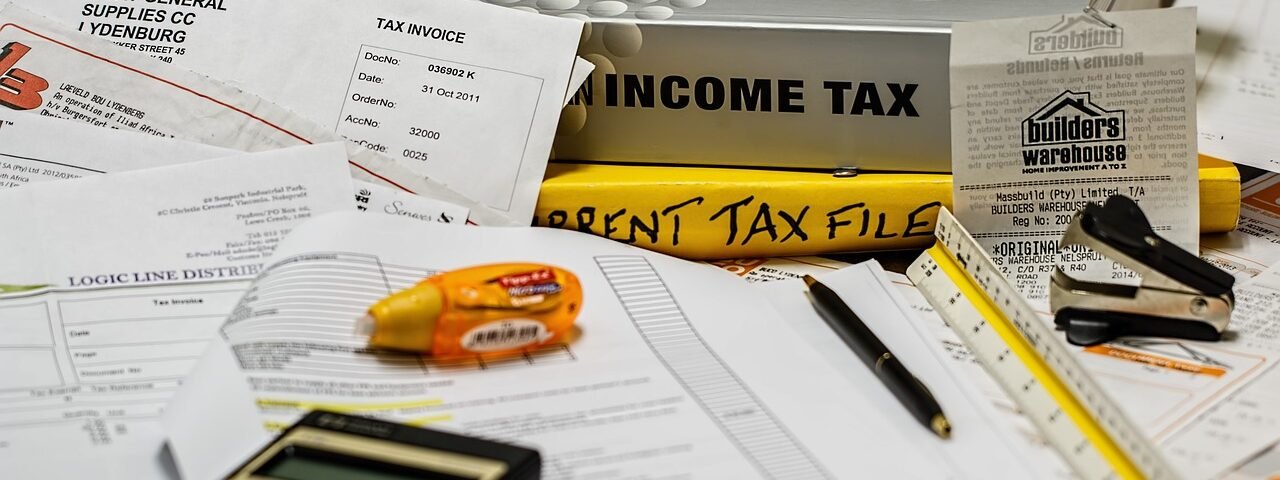The clock’s ticking. No, it’s not your pacemaker—just the end of the year creeping up faster than your next doctor’s appointment. And while you might be thinking about holiday plans or which grandkid is getting what, there’s another task that deserves your attention: year-end tax planning. But don’t worry, this won’t be as painful as a trip to the dentist. In fact, with a little savvy maneuvering, you can keep more of your hard-earned money right where it belongs—in your pocket.
Why Year-End Tax Planning is Crucial
You’ve worked hard for your retirement. And now, you deserve to enjoy every penny. But Uncle Sam has other ideas. That’s where year-end tax planning comes in. It’s not just about keeping the taxman at bay; it’s about making sure you’re not leaving money on the table. After all, the end of the year is when you can make those final tweaks to optimize your tax situation.
Timing is everything. Certain decisions have to be made before the calendar flips to January, or you could miss out on valuable tax benefits. By taking action now, you can potentially lower your tax bill and keep more for the things that really matter—like spoiling the grandkids or that cruise you’ve been eyeing!
Important Tax Considerations for Seniors
Retirement is supposed to be a time of relaxation, but the tax code doesn’t exactly take it easy on you. Here’s what you need to know to avoid getting hit with an unexpected tax bill.
Required Minimum Distributions (RMDs)
If you’re 73 or older, the IRS expects you to start taking Required Minimum Distributions (RMDs) from your retirement accounts. Fail to do so, and you’re looking at a hefty penalty—50% of the amount you should have withdrawn. Ouch! Make sure you take out your RMDs before December 31st to stay in the IRS’s good graces.
Charitable Contributions
Feeling generous? If you’re over 70½, you can donate up to $100,000 directly from your IRA to a qualified charity, and it won’t count as taxable income. This is known as a Qualified Charitable Distribution (QCD). Not only do you help a good cause, but you also reduce your taxable income. Talk about a win-win!
Donating goods to charities before the end of the year can be a smart tax move too, especially if you itemize deductions. The value of the donated goods is generally deductible at their fair market value, which can help reduce your taxable income. However, it’s important to get a receipt from the charity and keep detailed records of the items donated, including their condition and estimated value.
Also, ensure the charity is a qualified 501(c)(3) organization so your donation is eligible for a deduction. For larger donations, especially those over $500, additional documentation, such as Form 8283, may be required by the IRS.
Tax Deductions
The standard deduction might be the obvious choice, but don’t overlook itemizing if your deductions, like medical expenses or mortgage interest, exceed the standard amount. Also, consider grouping deductible expenses like medical costs and charitable donations into the same year to exceed the standard deduction and maximize your tax benefits.
If you own a rental house or condo, consider making repairs or purchasing needed items before the end of the year to increase your deductions.
Medical Expenses
Keep track of all qualifying medical expenses and aim to exceed 7.5% of your adjusted gross income to take advantage of this tax deduction. If you’re eligible, contribute to an Health Savings Account (HSA) before year-end to reduce taxable income while saving for future medical expenses.
Harvest Tax Losses
If your investments took a hit this year, consider selling some losers to offset gains. This strategy, known as tax-loss harvesting, can reduce your taxable income.
Reevaluate Your Withholding
Make sure you’ve had enough taxes withheld or paid through estimated tax payments to avoid an underpayment penalty. Adjust if necessary.
Organize Your Paperwork
In a perfect world, you’ve kept track of each receipt, placed it immediately in your ultra-organized and labeled files, and entered it your spreadsheet. Or, if you are lucky, you’ve thrown the receipt in a shoebox with the idea that you’ll organize it later. If the later is more your style, now is a good time to start organizing your papers and receipts. Set up your files for the tax season so when those income statements arrive, you have a perfect folder for them to go into!
Don’t Go It Alone—Consult a Tax Professional
Taxes are complicated. Retirement doesn’t make them any simpler. While these tips can help you get a head start on your year-end planning, everyone’s situation is unique. Consulting a tax professional ensures that your strategy is tailored to your specific needs. After all, why pay more in taxes than you have to? Let a pro guide you through the maze so you can focus on enjoying your retirement.
So, as you sip your eggnog and relax by the fire, don’t forget to give your tax situation a little attention. Your future self—and your bank account—will thank you.


